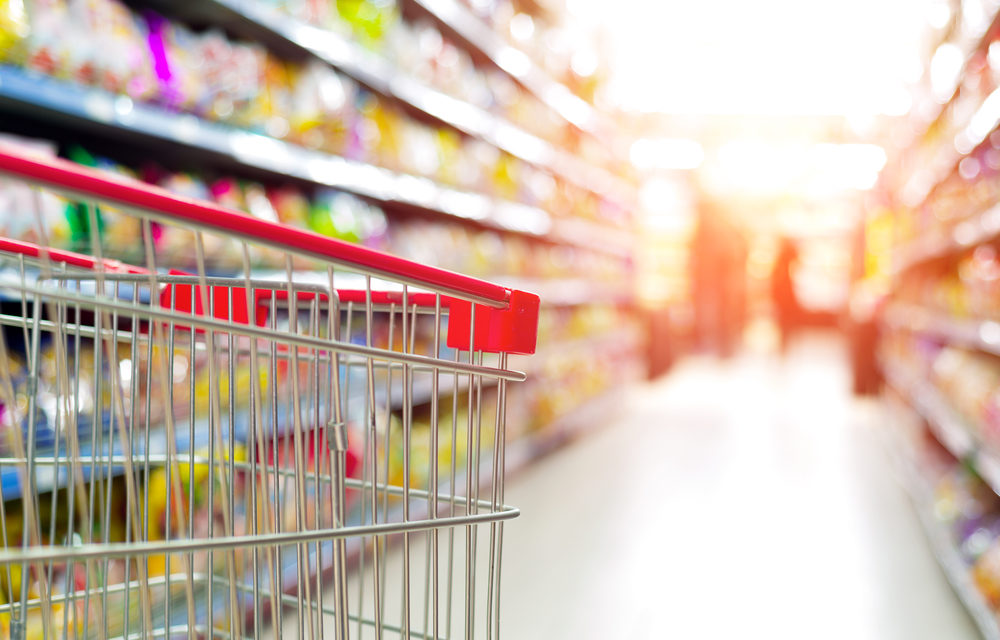- Online U.K. supermarket Ocado has introduced cloud-based technology and swarm robotics to collect grocery orders
- The business wants to “pepper the planet” with automated warehouses
The weekly grocery shop can be a familiar routine. Times are changing, though, with many of us now choosing to buy our essentials in different ways.
Sixty-five percent of Britons now “regularly or occasionally” visit the supermarket more than once a day, while 11 percent decide what they’ll have for supper “just before” eating, according to the Waitrose Food and Drink Report for 2017-18.
Innovation is also driving change in the U.K, and technology has been at the heart of online supermarket Ocado’s business since it was launched in 2000.
Today, the company, which describes itself as “the world’s largest dedicated online grocery retailer,” says it has more than 600,000 active customers. The business was listed on the London Stock Exchange in 2010, and in 2015 exceeded £1 billion ($1.32 billion) in annual sales.
Towards the end of last year, Ocado began operations at an automated warehouse in Andover, southern England. The site makes use of cloud-based technology and swarm robotics to collect grocery orders.
“There, we have thousands of robots flying around, and there’s no way that human engineers could monitor those in real-time, let alone make sense of all the data that’s being streamed back by those robots,” Paul Clarke, Ocado’s chief technology officer, told CNBC.
“So all of it is being sent to the cloud and there we’re building smart, machine learning based analytics to analyze that data.”
Clarke added that the business wanted to “pepper the planet” with automated warehouses, both for itself and business-to-business (B2B) customers.
Ocado is not the only company looking to use robots to transform the way businesses are run.
Amazon Robotics, a wholly-owned subsidiary of tech giant Amazon, was set up in 2003. It automates the business’ fulfilment centers using a range of robotic technology such as machine learning, depth sensing and autonomous mobile robots.
While Ocado sells produce to consumers via its website, it is also entering into agreements with other businesses. Its website describes the Ocado Smart Platform as a “proprietary solution for operating online retail businesses.”
The smart platform is offered as a managed service. “The way to think about it is as software as a service, which people are very used to, but with hardware thrown into the mix as well,” Clarke said.
“We’re not just going to hand this technology over to these customers and kind of wish them luck, we’re actually going to run it for them, we’re going to build it into the warehouse… and then we’re going to operate it for them and we’re going to guarantee its throughput,” he added.
This, Clarke said, meant it was a much less risky option than if a business was just buying technology and integrating it themselves.

